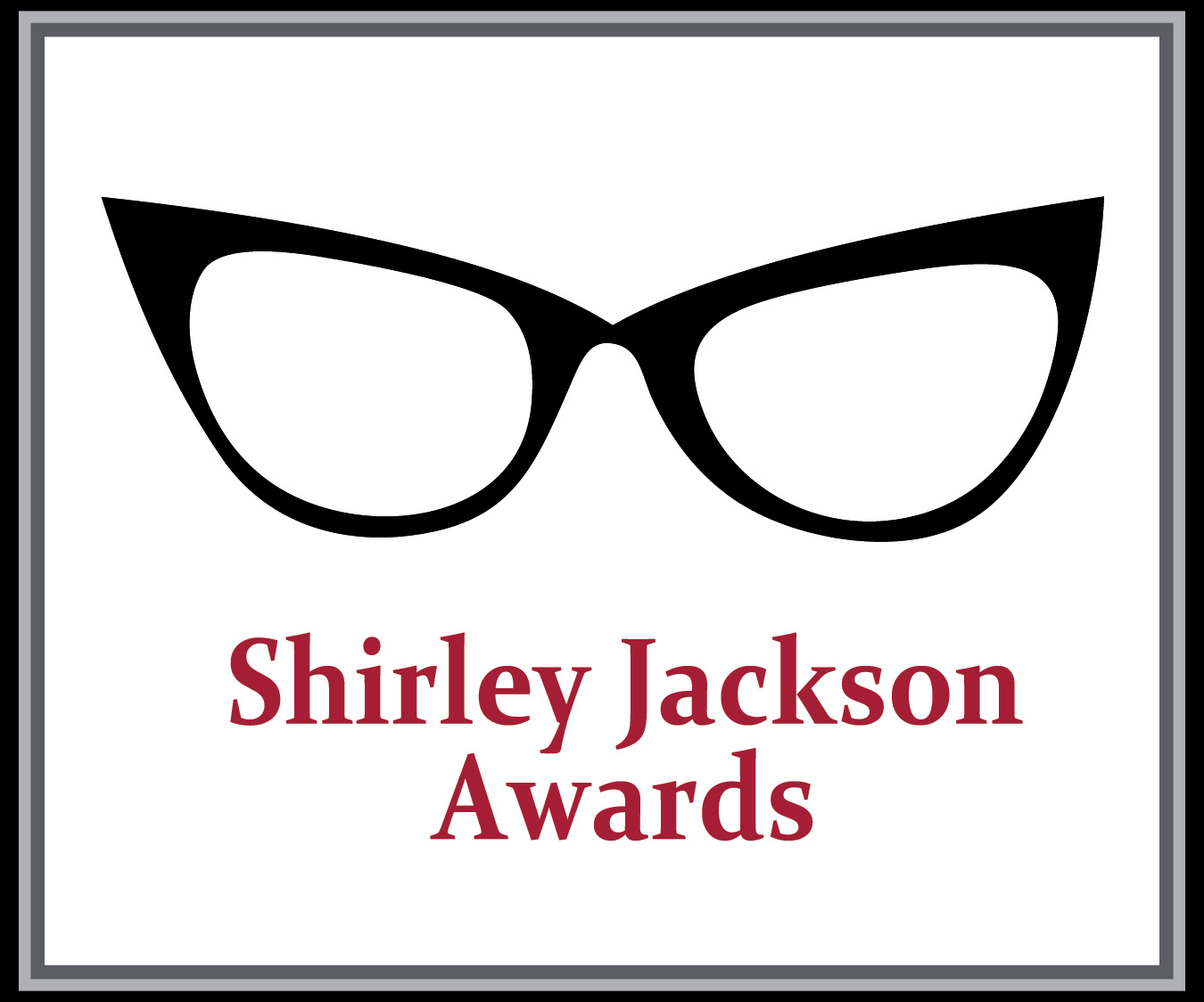Scott Edelman
Hi! Thanks for agreeing to do the interview. What’s the appeal of zombies–and horror–to you?
I love horror for the same reasons I love science fiction and fantasy — because it allows me to break free of writing only of the things that are and escape into the world of things that could only exist in dream. It also gives me access to metaphors that non-fantastic literature cannot, and allows me to explore the human condition in ways unavailable in mimetic fiction. And also — it’s fun!
But as for the special appeal of zombies — because the zombie is a blank slate, there is no metaphor the zombie cannot inhabit. It’s a universal conceit. And the zombie also happens to be the most frightening of the monsters, because that mindlessness, that lack of self, is an aspect we all fear. If we live long enough, we will all become somewhat zombielike, our personhood gone. So zombies are chilling to me in a way vampires could never be.
Did your previous experience working in comics have any impact in the way you write short fiction? What are your influences for your zombie stories?
I wrote many short comic book scripts for such titles as House of Mystery, House of Secrets, Secrets of Haunted House, and other DC horror titles, trying my best to channel the great stories written by my betters in the EC comics of the ’50s. And one thing they taught me was an economy of plotting. There’s no room for fat in 5- and 6-page stories. And while they were helpful in the beginning of my short story career, it was something I needed to break away from as I matured, because art shouldn’t necessarily move in a direct line from A to B to C.
How did PS Publishing end up publishing your collection? How did you decide on the order of the stories in the book?
When I realized that I’d achieved critical mass in my zombie fiction — that is, I’d written so many stories of the undead that I had enough for a collection — I went looking for a home for such a project. And the wonderful Pete Crowther, who has been so good to me over the years — between magazines and anthologies, he’s bought more of my stories than any other editor — said he’d publish my collection as long as I wrote a new story to entice potential purchasers who might have already read all the other stories. That story, “What Will Come After,” which became the title story of the collection, will be reprinted in Steve Jones’ Best New Horror later this year.
I’m extremely grateful that Pete suggested a new story, because “What Will Come After” turned out to be one of my most powerful pieces. What I didn’t realize when writing it — though I should have — was that it will become more and more difficult for me to read as time goes on. I wrote it when both of my parents and my mother-in-law were alive, though in the context of the story, they’re all dead.
When I first read it aloud at Readercon, all three were still alive, yet I had trouble not losing it at the ending. The next time I read it, at World Horror in Burbank, my father had passed, and my voice cracked and I had trouble keeping it together during the section that mentioned his death. Now my mother-in-law is also gone. I can only imagine what it will be like to read it next. And then there’s my mother, still alive, but she, too, will go someday …
So I’ve set myself up for quite a few emotional experiences in the future. I don’t know whether I’ll be up to them.
Please help support the Shirley Jackson Awards. Click here for details.
